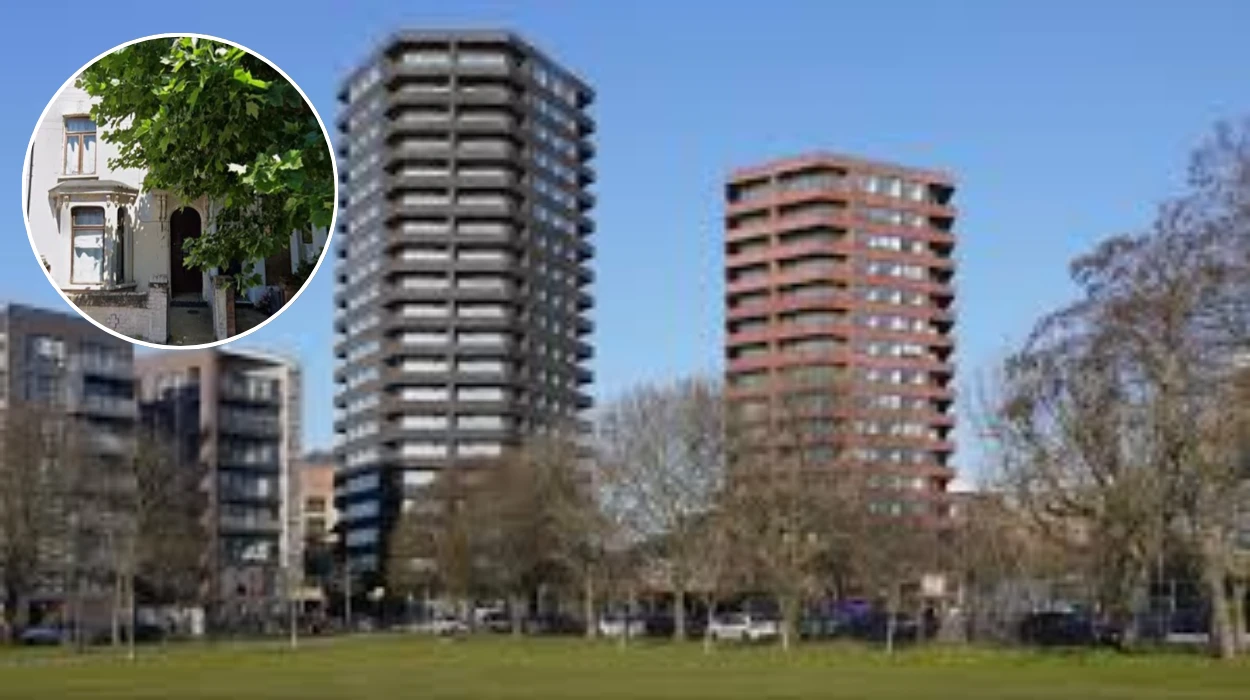Hackney (Parliament Politics Magazine) – Hackney Council has rejected plans for two new houses in multiple occupation after residents raised concerns about crime, safety, and poor living conditions in the area.
On Wednesday, November 5, the Hackney Council’s Planning Committee was scheduled to approve a proposal to turn two Clapton family-sized homes into sizable HMOs that might house up to seven or nine tenants apiece. Even though the current buildings are already categorized as small HMOs, the landlord was only now requesting retroactive planning permission to construct extra rooms for rent.
However, locals and local council members expressed their worries that the landlord was already packing people into a six-bedroom home on Clifden Road with inadequate soundproofing, which they claimed had brought “very little intimacy to residents” and caused disputes, including a police-related incident.
“One of the residents told me his room felt like a prison cell, the kitchen was filthy and very hot in the summer,” said neighbour Stephanie Baker. She added that another resident with complex issues “used his room as a toilet for months”.
The resident informed planners that the landlord had not taken “any responsibility for the wellbeing” of his residents and had a bad history of sheltering vulnerable people, including asylum seekers.
Residents objected to the landlord’s comparable proposal for an even larger nine-bedroom HMO at neighboring Blurton Road, arguing that there were already too many similar shared houses on their street and that additional would exacerbate crime and disorder in the area. Once more, the landlord has approval for this property to operate as a modest HMO; however, the new application aimed to increase the number of residents.
Margaret Gordon, a Labour councillor, joined Ms. Rothschild. She acknowledged that there had been “serious criminality arising from unsuitably developed and managed HMOs” in this area of her ward and urged the committee not to reward the landlord’s actions for beginning construction before obtaining planning permission.
The landlord had previously submitted a bid to turn a home at the same location into a 10-bedroom HMO, but it was turned down because it could not demonstrate that it would be appropriate for tenants with low incomes. A “substantially similar” application should not be approved at this time, according to Cllr. Gordon.
Josh Meyers, speaking on behalf of the applicant, stated that while there may have been “historic complaints” with the current HMO, the issue at hand concerned the addition of a bedroom, which fell under the purview of planning law rather than property management.
However, six committee members ultimately voted against both proposals on the basis that they would negatively affect the living circumstances of future tenants.
What reasons did residents give for opposing the HMO applications?
Residents opposed the HMO operations substantially due to concerns about overcrowding, noise, waste, and poor living conditions. They cited that HMOs frequently lead to advanced population consistency that strain original structure like roads, seminaries, and healthcare. numerous felt that HMOs bring flash populations with advanced tenant development, which diminishes community cohesion.
Residents emphasized that numerous HMOs are inadequately maintained and induce anti-social behaviour, affecting the quality of life in the area. Some also opposed retrospective planning warrants that award unapproved changes in use, arguing these undermine planning policy and complicate being problems.
The decision reflected wider concerns about the proliferation of HMOs in Hackney leading to anti-social behaviour, poor residency conditions, and strain on original structure. This rejection fits into broader council efforts to regulate and ameliorate norms in private rented casing through licensing schemes and stricter enforcement.


